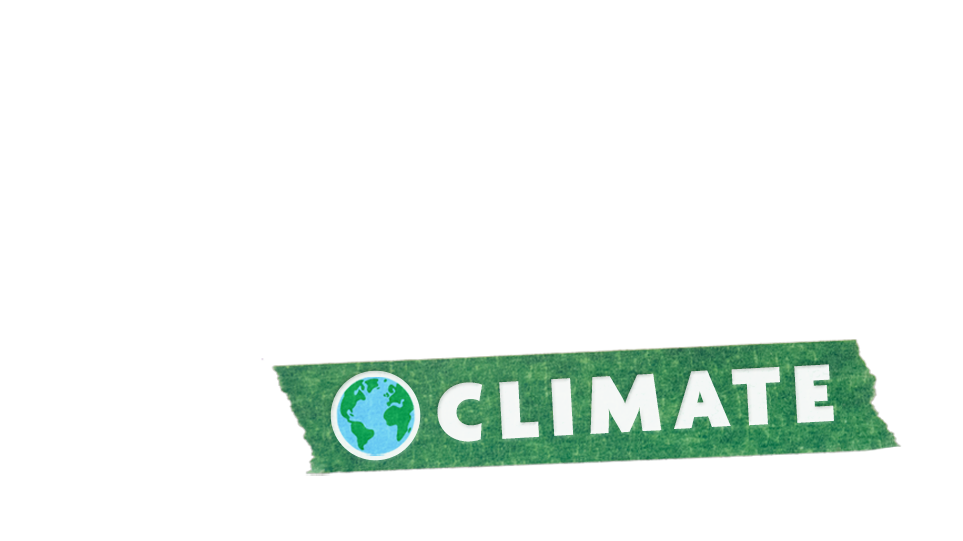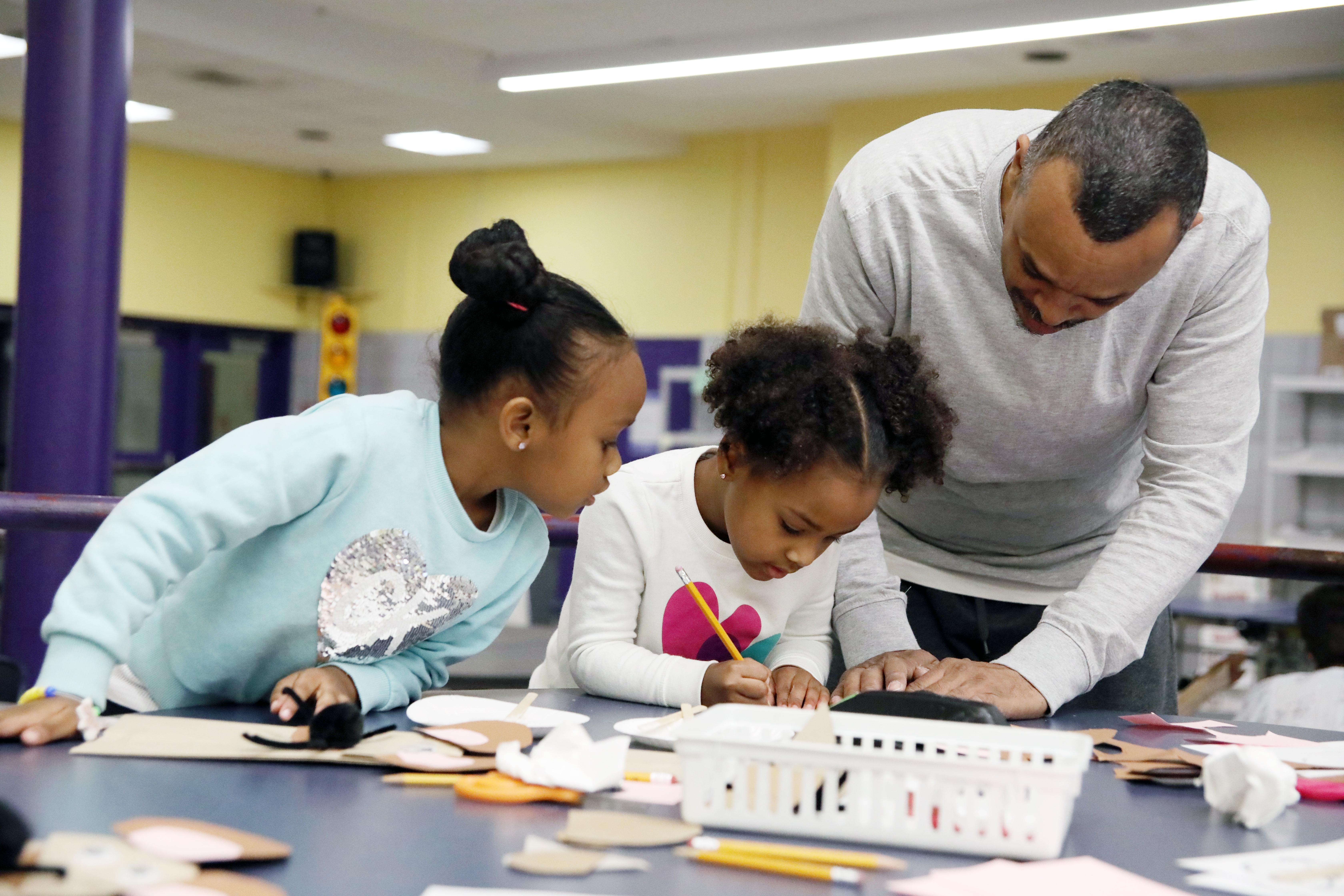
WMHT's Climate hub provides a curated collection of local and national PBS content on climate initiatives. As we navigate the challenges and opportunities of a changing climate, WMHT is dedicated to providing insightful programming and engaging events to inspire action and awareness.
EPISODE ONE
Addressing Air Pollution in New York's Communities
Join host Dana Wright as he explores air pollution's effect on New York's communities, and how the state is looking to address it.
Resources
EPISODE TWO
Can We Make NY's Forests Healthier?
Join host Dana Wright as he looks at ways we can manage and improve the health of New York's forested lands.
Resources
EPISODE THREE
Is Climate Change Impacting NY's Birds?
Join host Dana Wright to learn why New Yorkers love birds, and why we need to help them in the face of climate change.
EPISODE FOUR
What Does Climate Change Mean for the Hudson River?
Join host Dana Wright and explore New York's relationship with the Hudson River- how climate change plays a role, and how we are cutting back on the pollution we subject it to.
Local Doc: A Love Canal Family
A Love Canal Family follows the story of Luella Kenny and her search for answers after her son's death. The Kenny family lived near Love Canal, a toxic waste dumping ground that erupted in 1977 and led to the creation of the first EPA Superfund site.
A Love Canal Family was produced by WMHT and shared via US Chronicle in 1980.
PBS Terra
We have seen a boom in “eco-friendly” products marketed to consumers’ concerns about the impact of the stuff we buy. But this "shop ‘til you drop” approach doesn’t solve the bigger issue: overconsumption and overproduction are the key drivers of pollution and climate change. Dr. Rae Wynn-Grant looks at how “greenwashed” products might be doing more harm than good.
Based on the book by Jenny Price.
Flooding is getting worse, and not just from hurricanes or rising tides, but from increased heavy rainfall. In this episode, we dive into the changing landscape of flood hazards. First, we journey to New York, to visit Hoboken, New Jersey, and Hollis, Queens, two communities facing different flood challenges. Then, we explore First Street's groundbreaking new risk map, pinpointing high-risk areas. Want to take action against flooding in your area? Watch this episode for insights and solutions.
We care about the planet. But what if it's time to stop "saving it"?
Western cultures — and even some climate scientists and sustainability advocates — often share the idea that there is the “natural world” and the “human world.” The natural world is seen as pristine and untouched, while the human world is chaotic and ever changing. But all living things change the world around them in order to build homes, eat, drink and move around. In this first episode, join host Rae Wynn-Grant, Ph.D., as she explores how humans can think differently about the way we change the environments around us, how we can do it better, and why doing so could be a key foundation for addressing climate change.
A “tipping point” is when a system, with just a small amount of additional energy, is pushed from one stable state to another suddenly and dramatically. This can be a chair falling backwards. Or it can be a major earth system collapsing.
EARTH MONTH
Celebrate Earth Month with our live stream featuring PBS shows covering climate, nature and our planet. See all the spectacular things the natural world has to offer and learn about how our climate is changing.
Showcase
Celebrating Earth Month
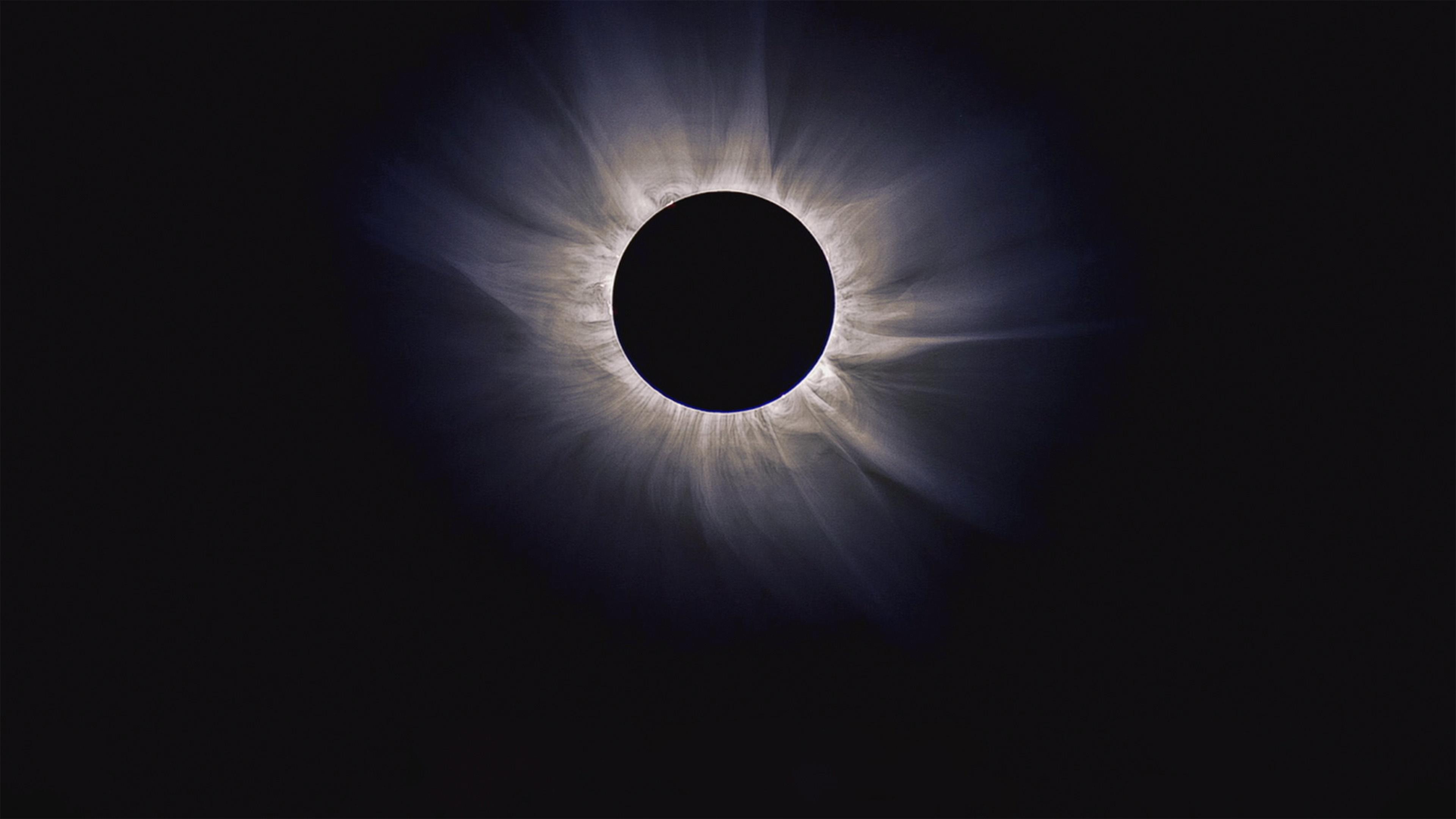
NOVA
Great American Eclipse
Explore the spectacular cosmic phenomenon of a total solar eclipse.

A Brief History of the Future
Beyond the Now
What do we imagine when we think about the future?
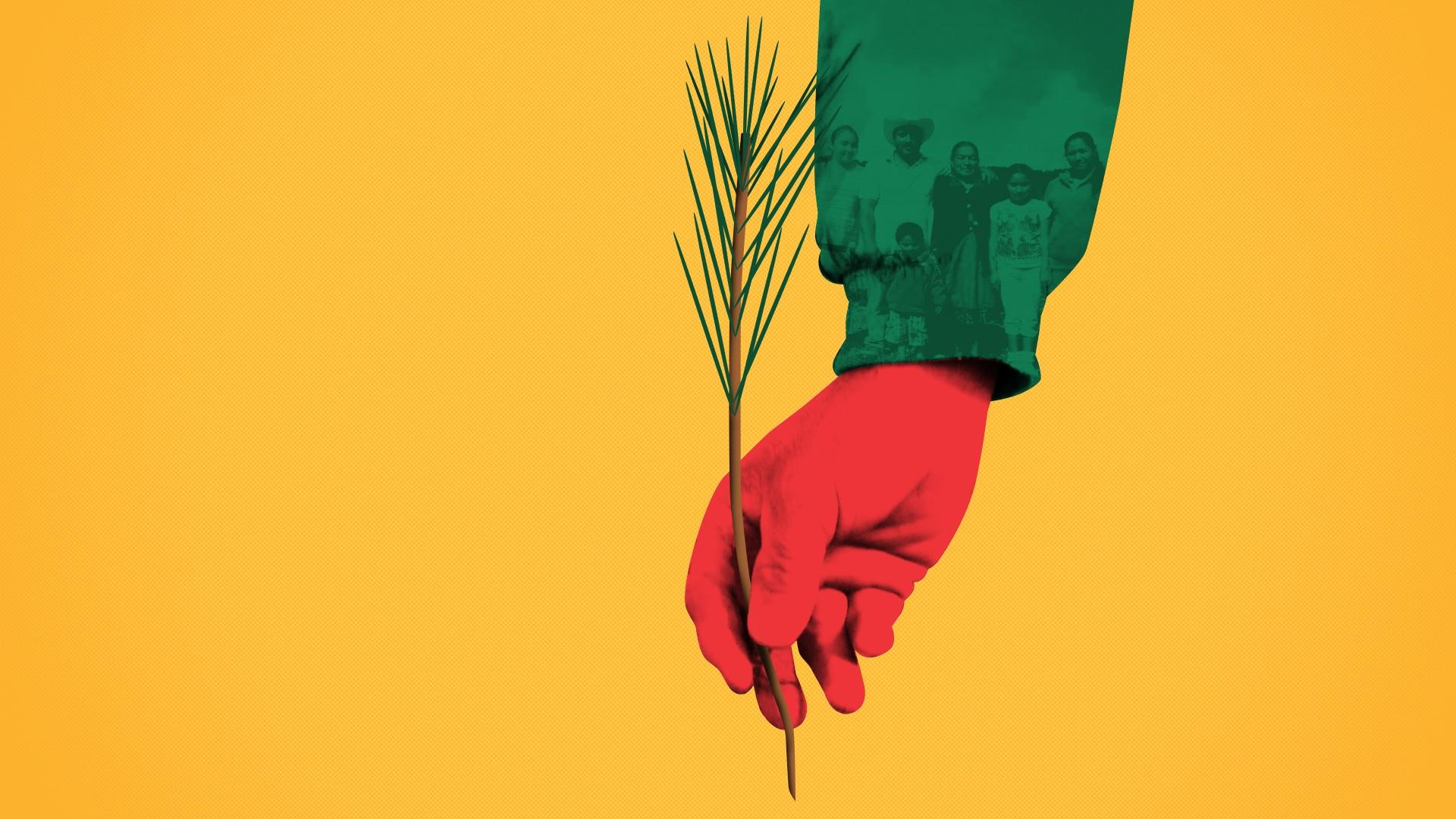
Independent Lens
A Thousand Pines
A crew of 12 Mexican tree planters travel the United States regrowing America’s forests.
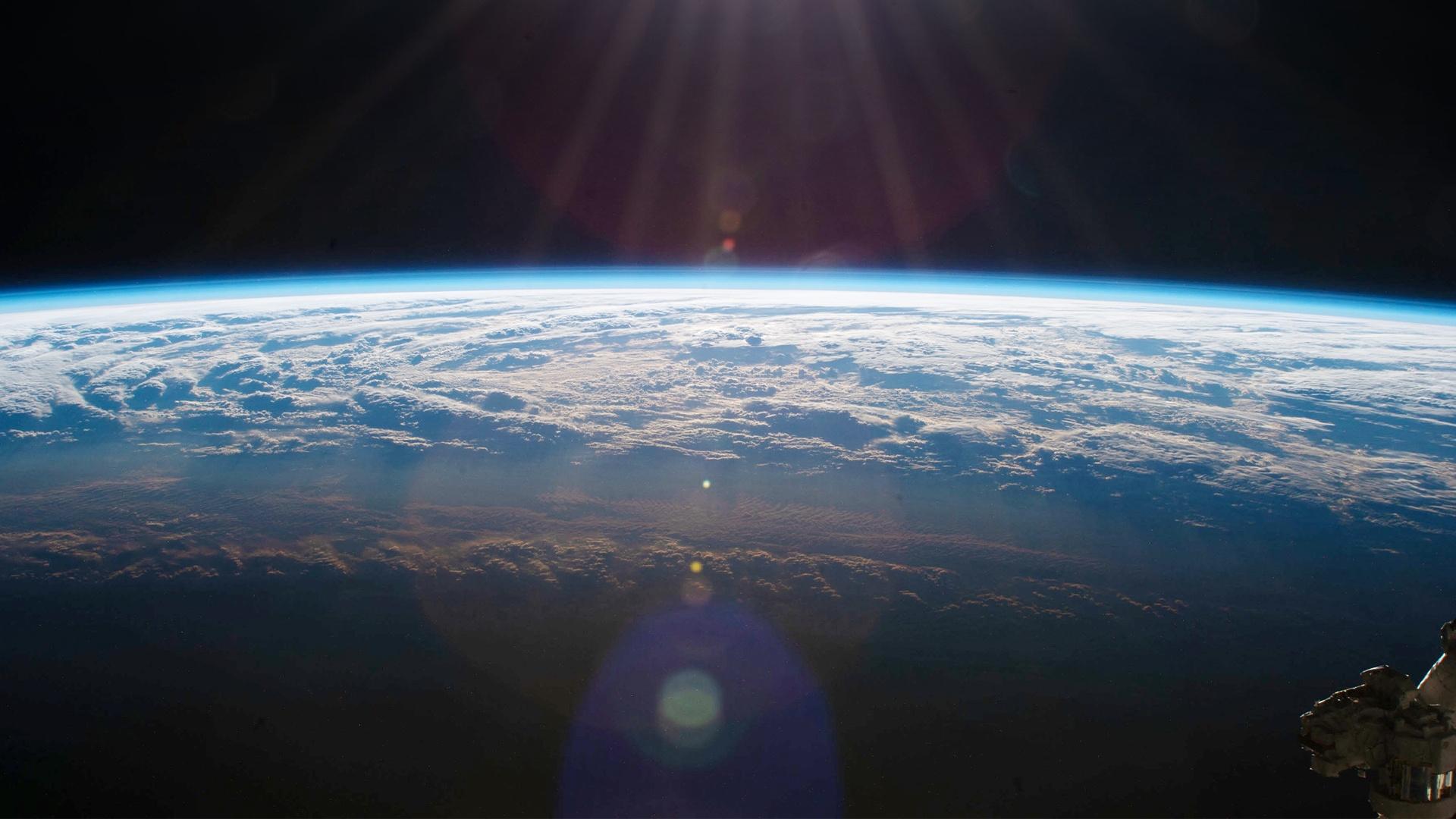
NOVA
Chasing Carbon Zero
Here’s how the U.S. could reach net-zero carbon emissions by 2050.
Dive Into Our Oceans
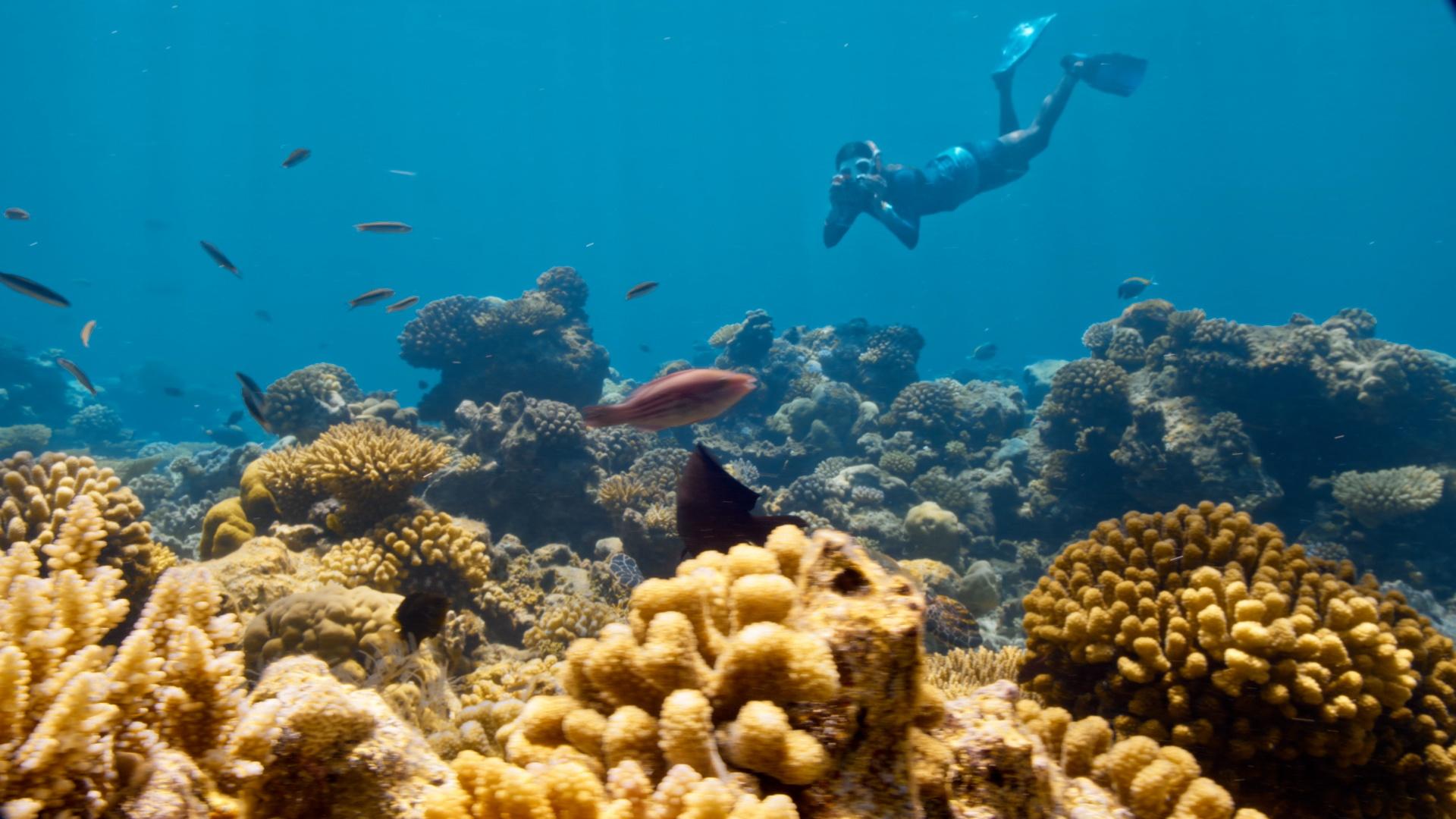
Changing Planet
Trailer
Dr M. Sanjayan investigates the urgent efforts to help coral reefs survive climate change.
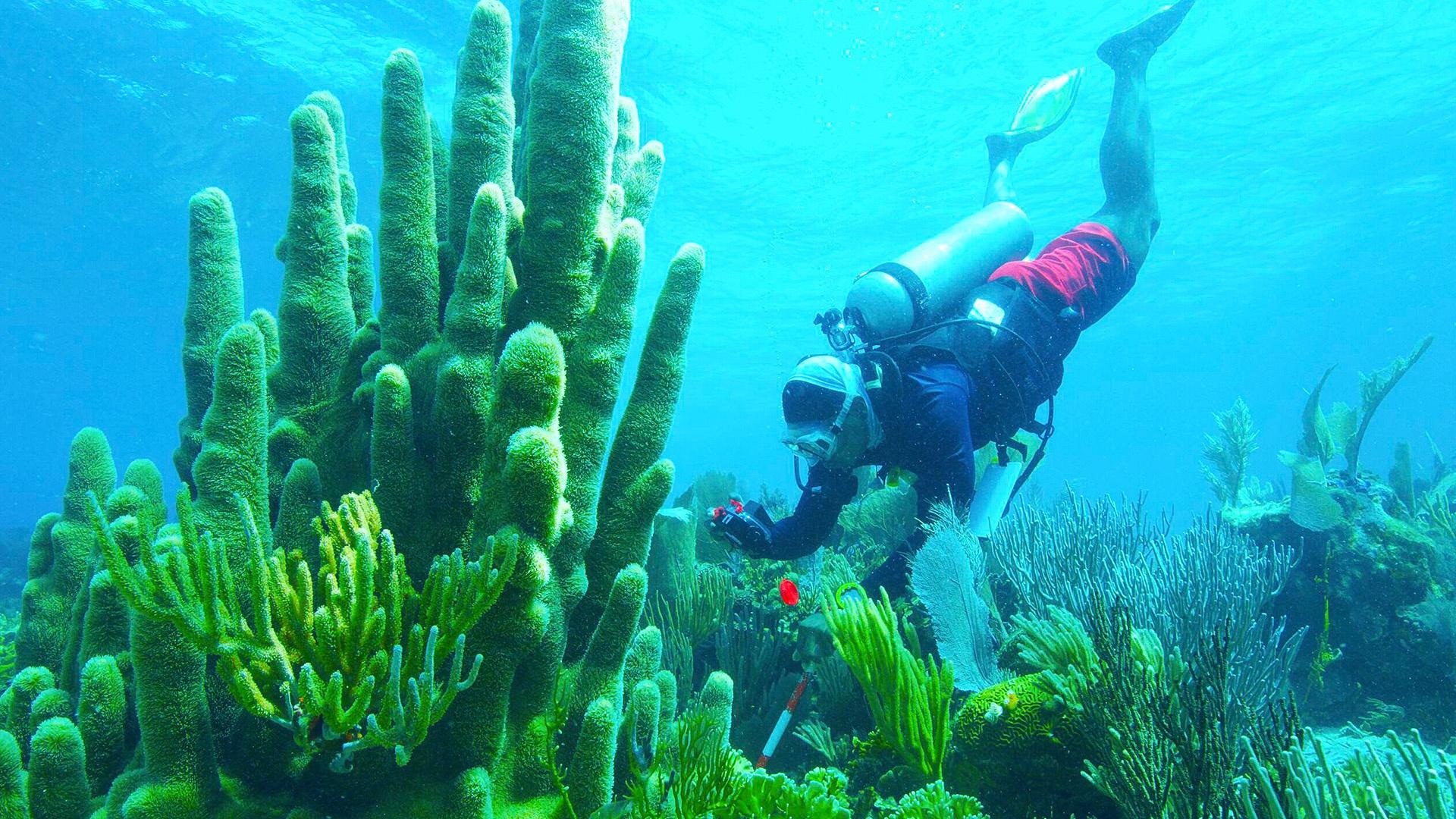
Nature
Treasure of the Caribbean
A Caribbean coral reef discovery marks a new chapter in understanding and saving corals.
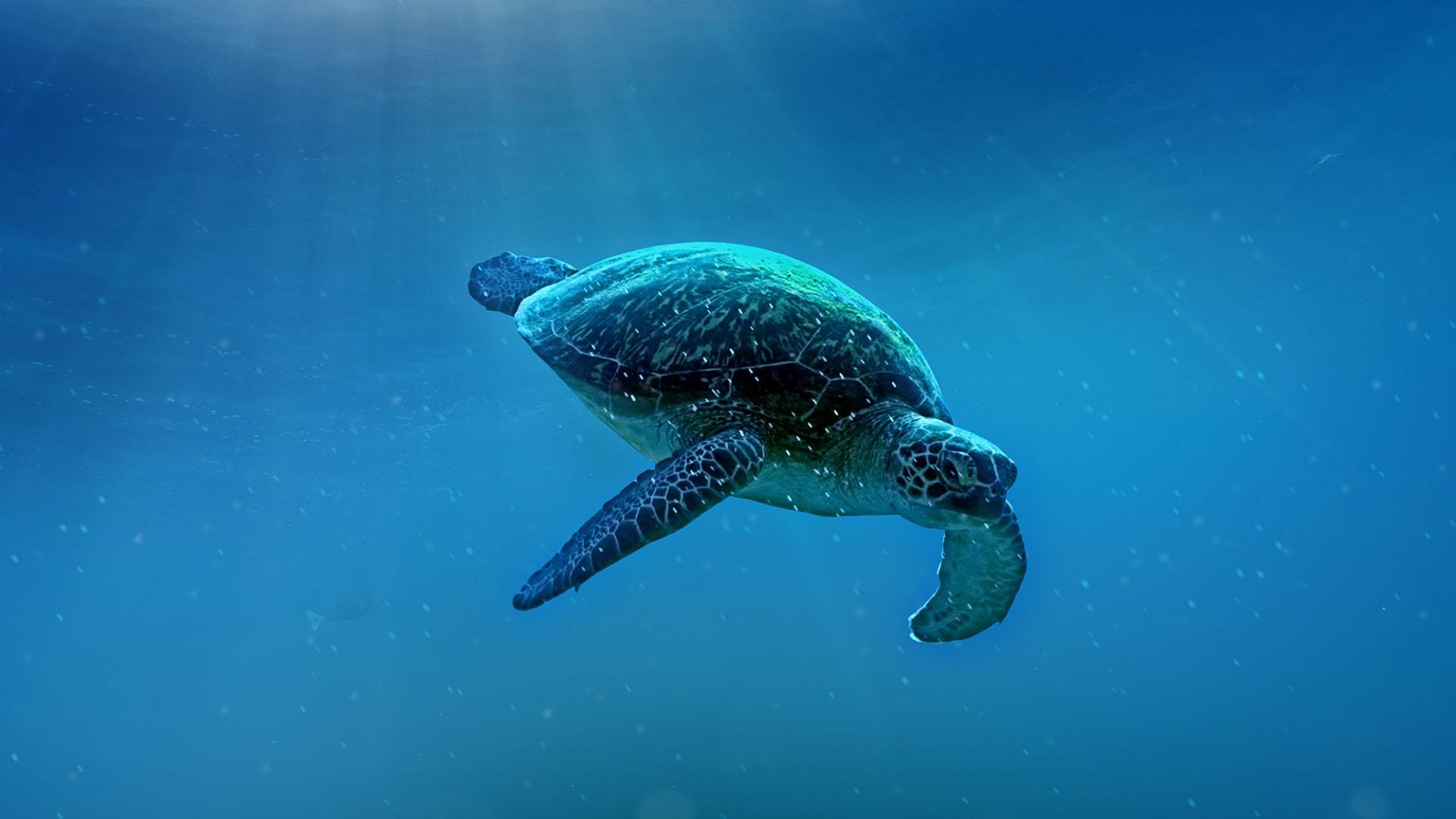
Big Pacific
Preview
Plunge into the Pacific to see the ocean’s rare and dazzling creatures.
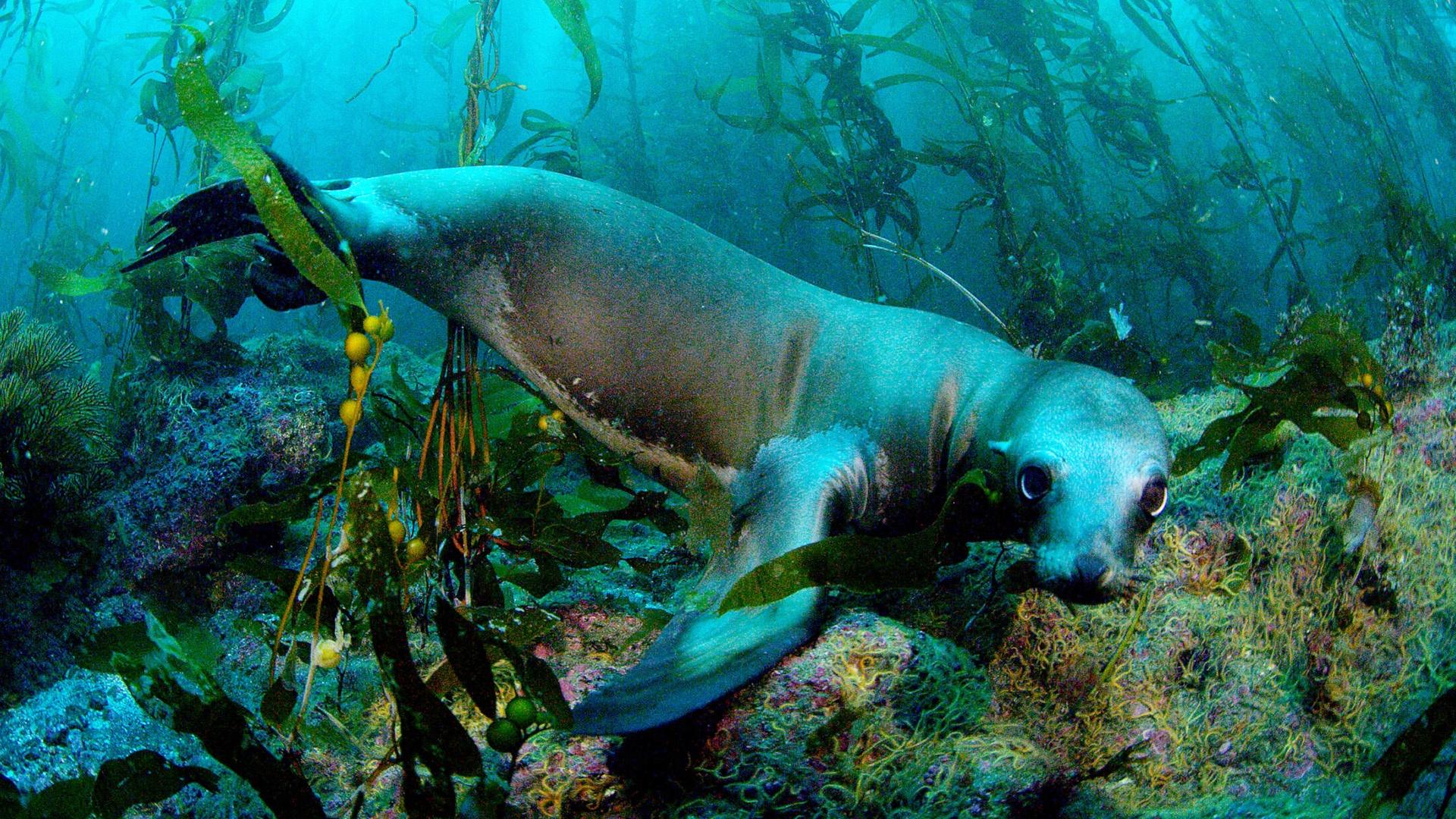
Nature
Soul of the Ocean
Experience the soul of the ocean in a never-before-seen look at life underwater.
